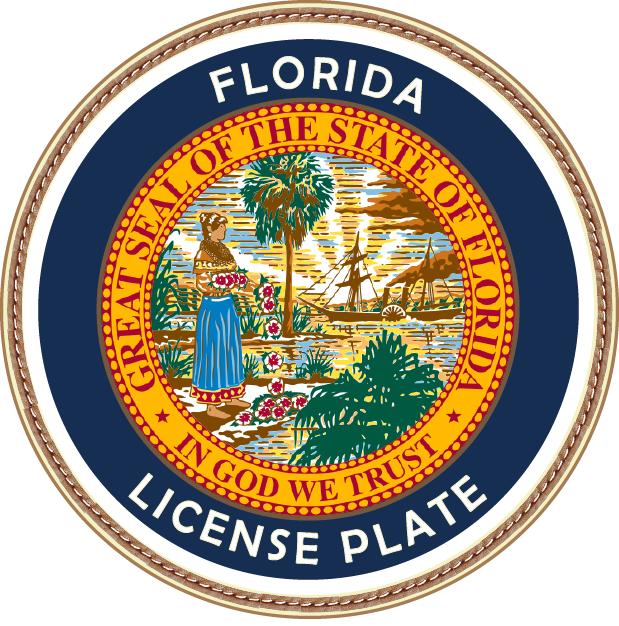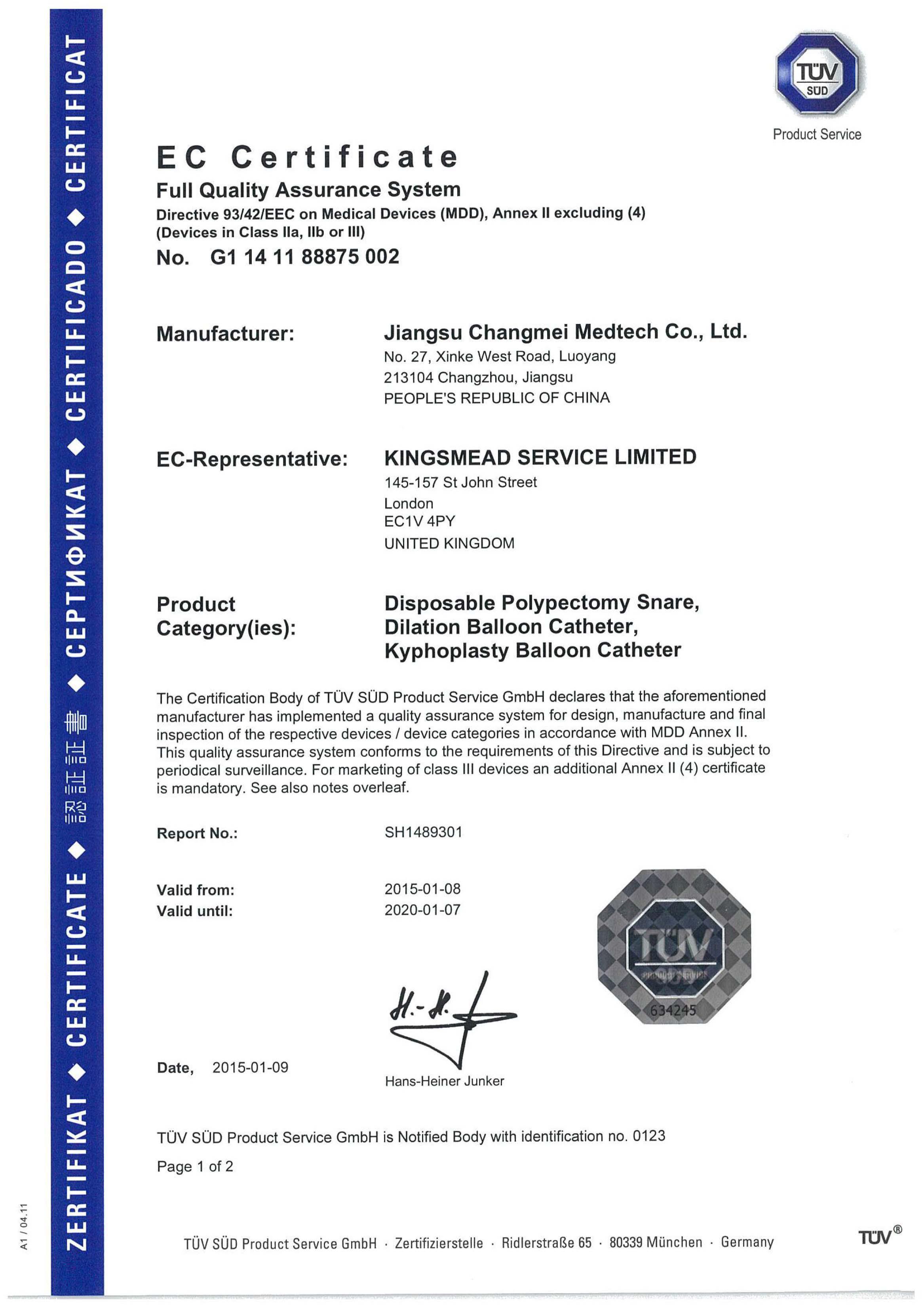Secure Your Florida License Renewal With Ease
Florida license renewal is the process of renewing a driver's license, professional license, or occupational license in the state of Florida. It is important to renew your license on time to avoid penalties and maintain your driving or professional privileges. The renewal process can be completed online, by mail, or in person at a driver's license office.
There are several benefits to renewing your license on time. First, it ensures that your license is up to date and valid. This is important for driving legally and for conducting business. Second, renewing your license on time can help you avoid penalties. In Florida, there is a late fee for renewing your license after the expiration date.
The history of Florida license renewal can be traced back to the early 1900s. The first driver's licenses in Florida were issued in 1905. At that time, licenses were valid for one year and had to be renewed annually. The renewal process has changed over the years, but the importance of renewing your license on time has remained the same.
Read also:The Ultimate Guide To Lspatch Modules Enhance Your Linux System
Florida License Renewal
Florida license renewal encompasses various essential aspects that ensure the continuous validity and legality of licenses issued by the state. These key aspects include:
- Timeliness
- Renewal Methods
- Fees and Penalties
- License Types
- Required Documents
- Consequences of Non-Renewal
Timeliness in renewing licenses is crucial to avoid penalties, maintain driving or professional privileges, and ensure the validity of licenses. Renewal methods offer convenience and flexibility, including online, mail-in, and in-person options. Understanding fees and penalties associated with license renewal helps individuals plan accordingly and avoid additional charges. The diverse range of license types, from driver's licenses to professional and occupational licenses, caters to the needs of various individuals. Required documents vary based on the license type, ensuring proper identification and eligibility. Consequences of non-renewal can be severe, leading to license suspension, fines, and potential legal implications.
1. Timeliness
Timeliness is of the utmost importance when it comes to Florida license renewal. Renewing your license on time ensures that you maintain your driving or professional privileges without interruption. It also helps you avoid late fees and potential penalties.
There are several reasons why it is important to be timely with your Florida license renewal. First, driving with an expired license is illegal and can result in fines or even arrest. Second, if your license is expired, you may not be able to operate a commercial vehicle or conduct business that requires a valid license. Third, renewing your license on time can help you avoid having your license suspended or revoked.
There are several ways to renew your Florida license on time. You can renew online, by mail, or in person at a driver's license office. The renewal process is quick and easy, and it can be completed in a matter of minutes.
2. Renewal Methods
There are several convenient methods available for Florida license renewal, each catering to different preferences and circumstances. These methods include online renewal, mail-in renewal, and in-person renewal at a driver's license office.
Read also:Your Ultimate Guide To Quickquicken Loans Ratings And Reviews
Online renewal is a quick and easy option for those who have access to the internet and a valid credit or debit card. The process can be completed in a matter of minutes, and the renewed license is typically mailed within a few days.
Mail-in renewal is another convenient option, particularly for those who live in rural areas or have limited mobility. The renewal form can be obtained from a driver's license office or downloaded from the Florida Department of Highway Safety and Motor Vehicles (FLHSMV) website. Once completed, the form can be mailed to the FLHSMV along with the required fee and supporting documents.
In-person renewal is the traditional method of renewing a Florida license. This option allows individuals to interact directly with FLHSMV staff and have their license renewed on the spot. It is important to bring the required documents and fee to the driver's license office.
The choice of renewal method depends on individual preferences and circumstances. However, it is important to note that certain license types may have specific renewal requirements or restrictions. For example, commercial driver's licenses (CDLs) require in-person renewal every five years.
3. Fees and Penalties
Fees and penalties play a significant role in the context of Florida license renewal. Understanding these aspects is essential for individuals seeking to maintain valid licenses and avoid legal consequences.
License renewal fees vary depending on the type of license and the renewal period. For example, a standard driver's license renewal for eight years costs $48, while a commercial driver's license (CDL) renewal for four years costs $75. It is important to note that fees are subject to change, and individuals are advised to consult the Florida Department of Highway Safety and Motor Vehicles (FLHSMV) website for the most up-to-date information.
Late fees and penalties may apply for those who fail to renew their license on time. The late fee for renewing a driver's license after the expiration date is $25, while the late fee for renewing a CDL is $50. Additionally, individuals who operate a vehicle with an expired license may face fines, license suspension, or even arrest.
Understanding the fees and penalties associated with Florida license renewal helps individuals plan accordingly and avoid unnecessary expenses or legal complications. By renewing their licenses on time and paying the required fees, individuals ensure the continued validity of their licenses and maintain their driving or professional privileges.
4. License Types
In the context of Florida license renewal, understanding the various license types is crucial as it determines the specific requirements, fees, and renewal procedures applicable to each category.
- Driver's License:
A driver's license is required to operate motor vehicles on public roads in Florida. Different classes of driver's licenses exist, such as Class E for regular vehicles and Class A for commercial vehicles, each with its own set of endorsements and restrictions.
- Professional and Occupational Licenses:
Numerous professions and occupations in Florida require individuals to obtain specialized licenses to practice legally. Examples include medical licenses for healthcare professionals, legal licenses for attorneys, and cosmetology licenses for hair stylists.
- Recreational Licenses:
Florida offers various recreational licenses, such as hunting and fishing licenses, which allow individuals to engage in specific outdoor activities. These licenses are typically issued by the Florida Fish and Wildlife Conservation Commission (FWC).
- Business and Trade Licenses:
Businesses and trades operating in Florida may need to obtain specific licenses or permits from local authorities or state agencies. These licenses regulate business activities and ensure compliance with industry standards and regulations.
Understanding the different license types helps individuals determine the specific renewal requirements, fees, and procedures that apply to their situation. It also ensures that they maintain valid and compliant licenses, allowing them to legally operate vehicles, practice their professions, engage in recreational activities, or conduct business in the state of Florida.
5. Required Documents
In the context of Florida license renewal, the submission of required documents plays a critical role in ensuring the accuracy, validity, and timely processing of renewal applications. These documents serve as proof of identity, residency, and eligibility, enabling licensing authorities to verify the applicant's qualifications and maintain the integrity of the licensing system.
- Proof of Identity:
Acceptable forms of identification include a valid U.S. passport, driver's license, or state-issued identification card. These documents establish the applicant's identity and legal presence in the United States.
- Proof of Residency:
To demonstrate residency in Florida, applicants can provide utility bills, bank statements, or rental agreements that show their current address. This requirement ensures that applicants are eligible for Florida licensure and meet the residency criteria.
- Proof of Eligibility:
Depending on the license type being renewed, additional documents may be required to verify the applicant's eligibility. For example, renewing a professional license may require proof of continuing education or certification.
- Other Supporting Documents:
In certain cases, additional documents may be necessary to support the renewal application. These could include a certified driving record, medical clearance, or proof of insurance.
Submitting accurate and complete required documents is essential for a seamless and successful Florida license renewal process. Applicants should carefully review the specific requirements for their license type and ensure that all necessary documents are included with their application.
6. Consequences of Non-Renewal
Within the context of "florida license renewal," understanding the potential consequences of non-renewal is crucial for maintaining compliance with state regulations and avoiding legal implications. Failure to renew a license can result in various adverse effects, impacting an individual's ability to drive, practice their profession, or engage in specific activities.
One significant consequence of non-renewal is the loss of driving privileges. Operating a vehicle with an expired driver's license is illegal in Florida and can lead to fines, license suspension, or even arrest. This can have a substantial impact on daily life, affecting an individual's ability to commute to work, run errands, or participate in social activities that require driving.
For professionals licensed in Florida, non-renewal can result in the suspension or revocation of their professional license. This can have severe consequences for their career and livelihood. Individuals may be prohibited from practicing their profession, which can lead to loss of income and damage to their professional reputation.
In addition to the legal implications, non-renewal of certain licenses can also impact an individual's ability to engage in recreational activities or conduct business. For example, an expired hunting or fishing license can prevent an individual from participating in these activities legally. Similarly, businesses that fail to renew their licenses may face fines or penalties, and in some cases, may be forced to cease operations.
Understanding the consequences of non-renewal is essential for responsible citizenship and compliance with Florida state laws. By renewing licenses on time, individuals can avoid potential legal issues, maintain their driving or professional privileges, and continue to engage in activities that require a valid license.
Frequently Asked Questions about Florida License Renewal
This section addresses common questions and misconceptions surrounding Florida license renewal, providing clear and informative answers to guide individuals through the process.
Question 1: What is the grace period for renewing my Florida driver's license?
There is no grace period for renewing your Florida driver's license. It is essential to renew your license on or before its expiration date to avoid penalties and maintain your driving privileges.
Question 2: Can I renew my Florida license online?
Yes, you can renew your Florida driver's license online if you meet certain eligibility criteria. To renew online, you must have a valid email address, have not changed your name or address since your last renewal, and have no outstanding traffic citations or suspensions.
Question 3: How much does it cost to renew my Florida professional license?
The cost of renewing a Florida professional license varies depending on the profession and license type. You can find the specific renewal fees for your profession on the Florida Department of Business and Professional Regulation website.
Question 4: What happens if I fail to renew my Florida license on time?
Failing to renew your Florida license on time can result in late fees, license suspension, or even arrest. It is important to renew your license on or before its expiration date to avoid these consequences.
Question 5: Can I get a refund if I renew my Florida license early?
No, you cannot get a refund if you renew your Florida license early. The renewal fee covers the entire renewal period, regardless of when you renew it.
Question 6: Where can I find more information about Florida license renewal?
You can find more information about Florida license renewal on the Florida Department of Highway Safety and Motor Vehicles (FLHSMV) website or by contacting your local driver's license office.
Understanding these frequently asked questions can help you navigate the Florida license renewal process smoothly and avoid any potential issues or penalties.
For additional assistance or specific inquiries, it is recommended to contact the relevant licensing authority directly.
Tips for Florida License Renewal
Florida license renewal is an important process that ensures you maintain your driving or professional privileges. By following these tips, you can renew your license quickly and easily.
Tip 1: Renew Online or by Mail
If you meet the eligibility criteria, renewing your license online or by mail is a convenient option. This saves you time and eliminates the need to visit a driver's license office.
Tip 2: Gather Required Documents
Before visiting a driver's license office or submitting your renewal by mail, ensure you have all the necessary documents, such as proof of identity, residency, and eligibility (if applicable).
Tip 3: Renew on Time
Avoid late fees and penalties by renewing your license on or before its expiration date. Timely renewal ensures continuous validity and prevents interruptions in your driving or professional activities.
Tip 4: Pay Attention to Fees
Understand the renewal fees associated with your license type and payment options accepted. Knowing the costs in advance helps you plan accordingly.
Tip 5: Check Eligibility Requirements
Specific eligibility requirements may apply to certain license types. Familiarize yourself with these requirements to avoid delays or complications during the renewal process.
Tip 6: Allow Ample Time for Processing
Whether renewing online, by mail, or in person, allow sufficient time for the processing and delivery of your new license. This is particularly important if you need your license for immediate use.
Tip 7: Be Aware of Consequences
Understand the potential consequences of failing to renew your license on time, such as late fees, license suspension, or legal penalties. Timely renewal helps you maintain compliance and avoid these issues.
Tip 8: Stay Informed
Stay updated on changes to license renewal procedures, fees, and requirements by regularly checking the Florida Department of Highway Safety and Motor Vehicles (FLHSMV) website.
Following these tips can streamline your Florida license renewal process, ensuring a smooth and timely renewal experience.
Remember to consult the FLHSMV website or contact your local driver's license office for specific details and guidance related to your license renewal.
Florida License Renewal
Florida license renewal is a crucial process that ensures the validity and legality of various licenses issued by the state. This article has explored the key aspects of Florida license renewal, including its importance, different methods of renewal, fees and penalties, license types, required documents, consequences of non-renewal, frequently asked questions, and tips for a smooth renewal process.
Understanding and adhering to the license renewal requirements is essential for maintaining driving or professional privileges, avoiding legal complications, and ensuring the safety and credibility of licensed individuals and businesses in the state of Florida. By following the guidelines and recommendations outlined in this article, individuals can navigate the renewal process efficiently and maintain their licenses in good standing.
Reveal The Best Car Rental Prices In Hawaii: Uncover Unbeatable Deals
Discover The Secrets Of Hawaii's Affordable Car Rentals
Find The Best Fitness Center In Spring Valley, NY

Registration Renewal Florida License Plate

Florida License Renewal What's Needed to Renew in FL DMV Connect

Florida laboratory license renewal form porspeedy